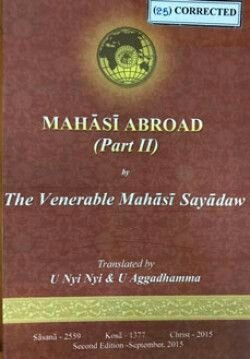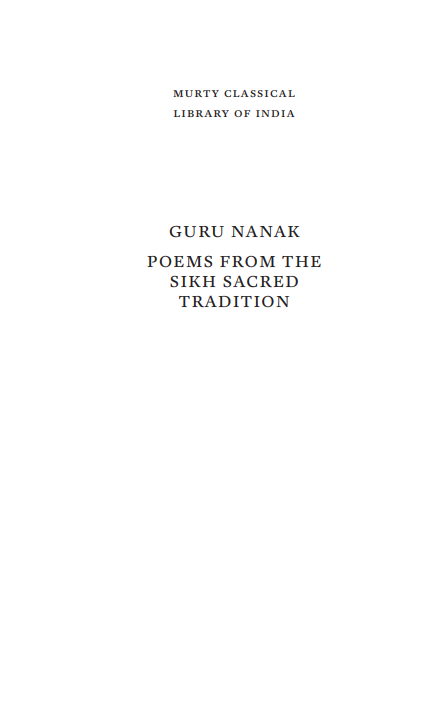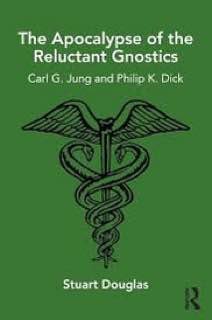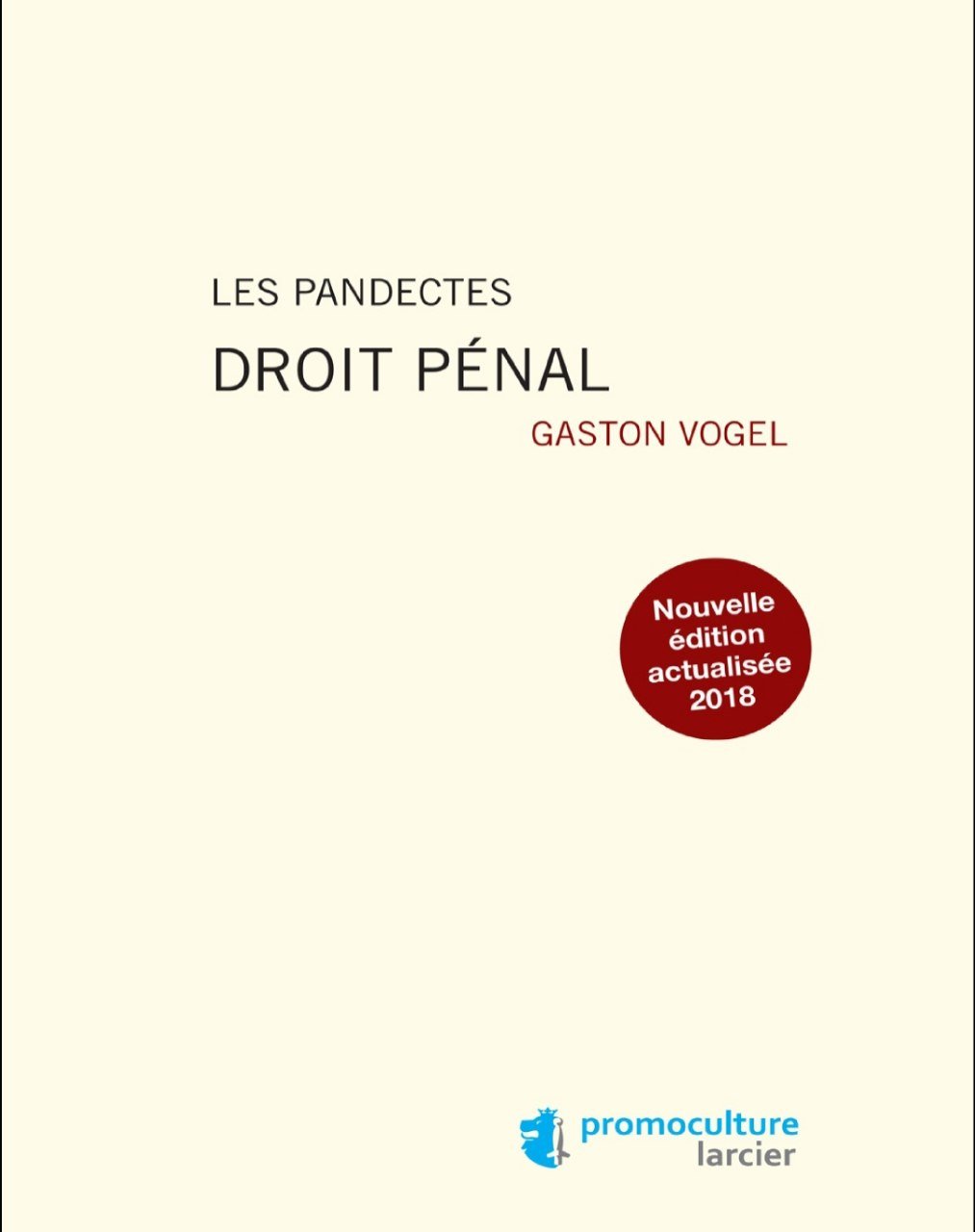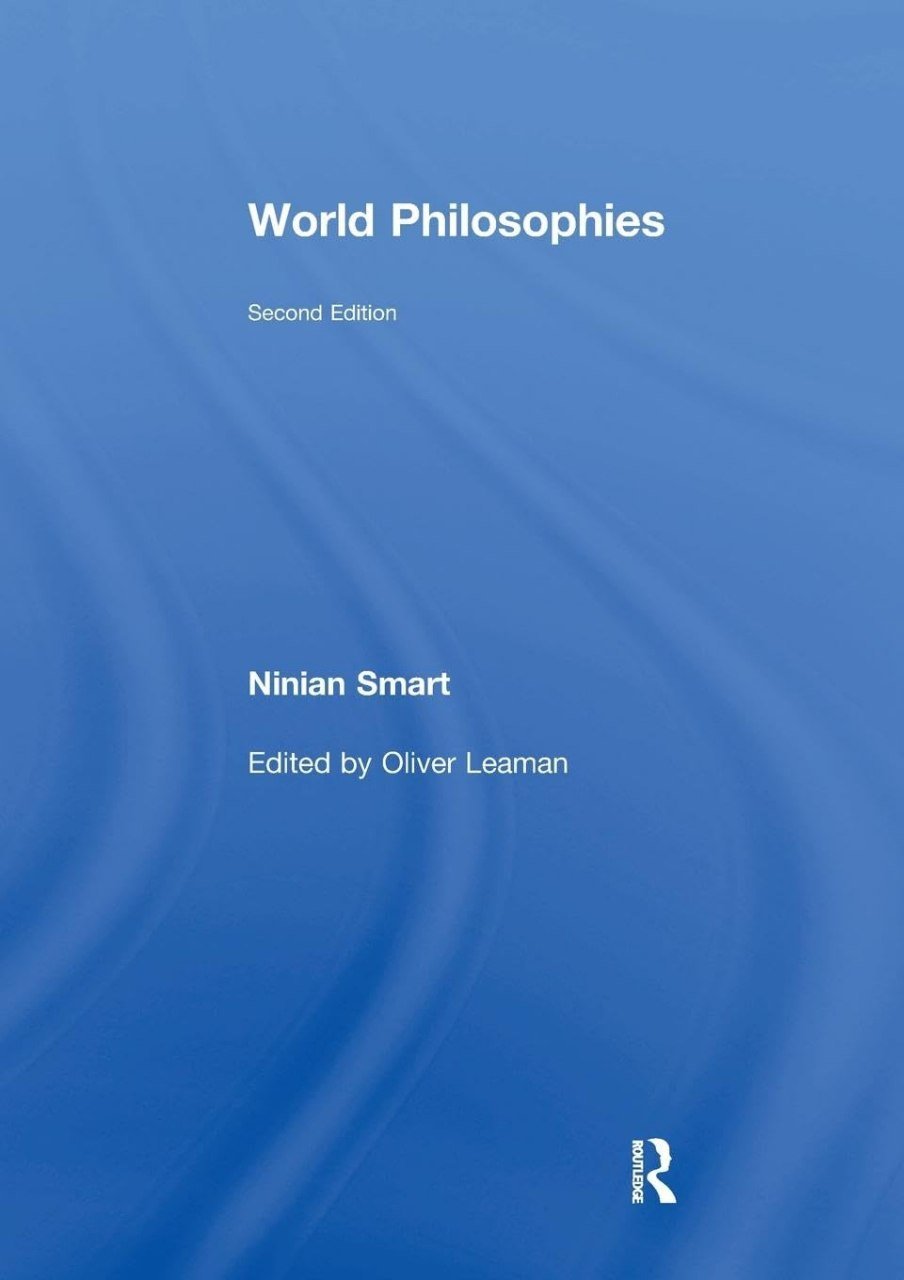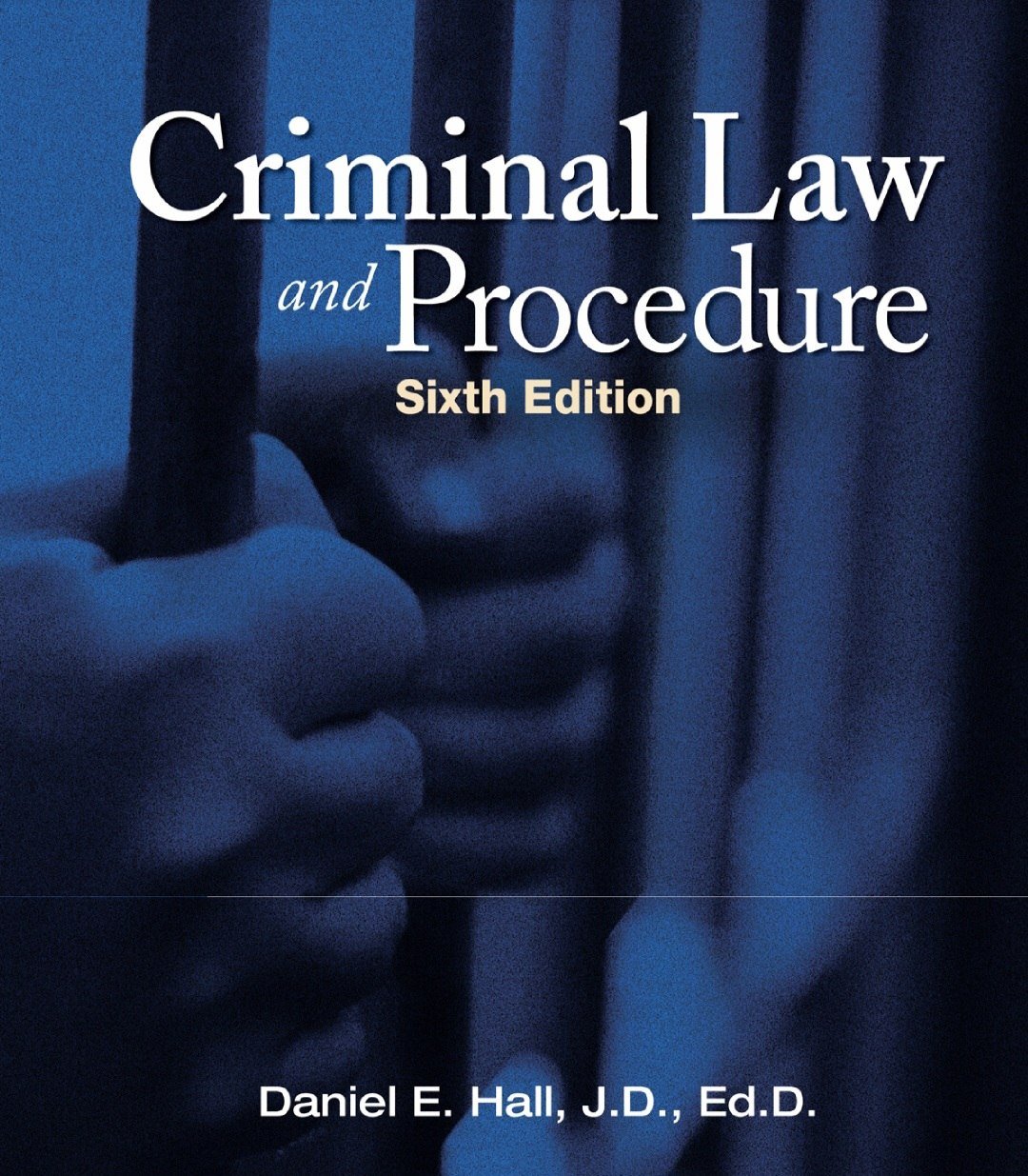

The Crisis of the Modern World by René Guénon
Reviews
No review yet. Be the first to review this book!
Description
The Crisis of the Modern World by René Guénon is a powerful critique of modern civilization and its departure from traditional wisdom. Written in 1927, this book examines the profound spiritual and intellectual decline of the contemporary world, arguing that modernity is marked by materialism, individualism, and the loss of sacred knowledge. Guénon contrasts the modern West’s emphasis on progress, science, and secularism with the timeless principles of traditional civilizations, which were rooted in metaphysical truths and higher order realities. Guénon attributes the crisis of modernity to the dominance of quantity over quality, where mechanistic thinking and economic concerns have replaced spiritual values. He critiques the fragmentation of knowledge, the decline of authentic religious institutions, and the rise of pseudo-spiritual movements that distort true metaphysical teachings. According to Guénon, modernity has severed its connection to the divine, resulting in chaos, instability, and a loss of meaning. A central theme of the book is the contrast between the cyclical nature of traditional time and the linear, progress-driven mindset of the modern world. Guénon argues that we are living in the final stage of the Kali Yuga, the Hindu concept of a dark age characterized by ignorance and degeneration. However, he does not present this as mere pessimism; rather, he sees it as an inevitable phase in a cosmic cycle, after which a renewal of traditional wisdom will emerge. The Crisis of the Modern World is a profound work that challenges readers to question the foundations of contemporary society and seek deeper spiritual truths. It remains relevant today as a critique of modern materialism and a call to rediscover the sacred principles that once guided human civilization.

























.jpg)



.jpg)



.jpg)








.jpeg)








.jpg)





.jpg)


.jpeg)





.jpg)
.jpeg)


.jpg)
.jpeg)




.jpg)


.jpeg)


.png)













